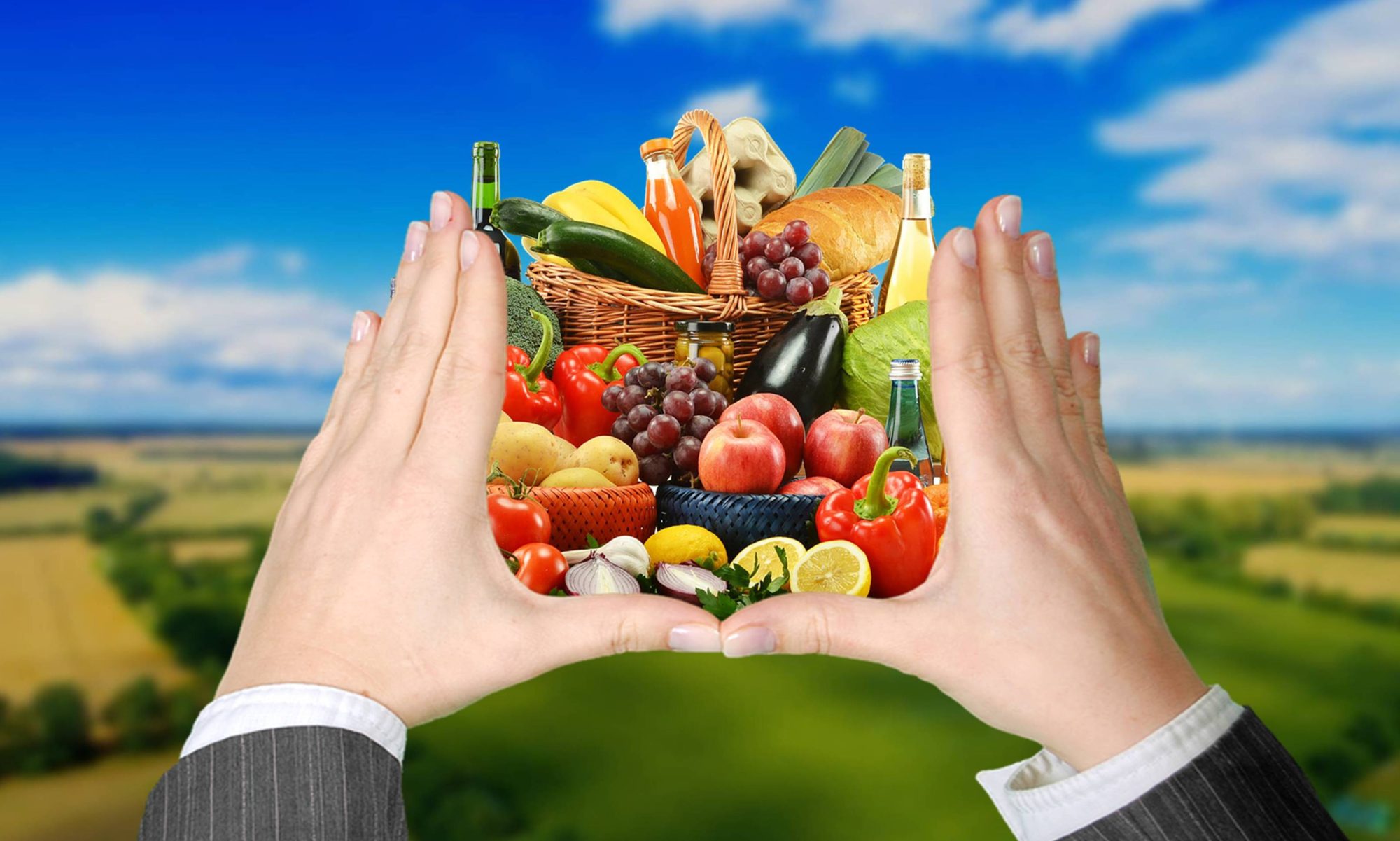I usually prepare lunch in the morning and today, as I grabbed a bag of frozen mixed vegetables out of the freezer and was about to toss them into a pot of boiling water, I noticed that the packet had instructions for microwave steaming. I was in a hurry so for a brief moment I entertained the thought of microwave steaming then, but because I was awake to the moment, I thought of the article I wrote on BPA, BPS and the other plasticizes and chose the pot of boiling water t-h-i-s time.
How many times have we knowingly done what’s wrong for our health? Like, choosing the processed, carcinogenic hot dog instead of the quinoa salad. We lie to ourselves and say “everything in moderation”, but does that include poisons? Choosing to microwave steam the vegetables is actually choosing poison in moderation. I would love to jolt us into being more intentional about the food choices we make, knowing that they affect us and those we love the most.
So why is it that we do what we know we shouldn’t? Is it a lack of discipline, a shortage of resources, like money, or is it the ‘I’m invincible syndrome’? I often wonder if we just don’t love or value ourselves sufficiently. When I think back to my season as the mom of a newborn, I remember experiencing love like I had never thought was real. I did everything I knew how, to protect the tiny, helpless human that was in my care. I tried breastfeeding for months and pumped daily to no avail. Then I found the best formula I knew and changed it when I recognized that it was making him gassy. I researched and studied and read everything I could get my hands on because I so completely loved my son. There isn’t a mountain I wouldn’t have climbed or an inconvenience I wouldn’t have faced in order to ensure that he was healthy and well, and the same is true now that he’s a teenager. Why is it that I gamble with my well-being? Why do I knowingly poison myself with food? Somewhere deep in my subconscious, I think it’s okay. I’m positive that a psychologist or therapist could question me and figure out why I believe that, but those are not my skills, so I’m determined to change that pattern of self-harming. Yes, I’m using a harsh term, but that is in reality what it is.
Starting today, I will eliminate Gluten from my diet. I know that I feel horrible when I eat gluten and I get bloated and nauseated, yet I’ve continued to consume it in abundance. Today marks a turning point, and I’m holding myself accountable to all of you. That means I can’t eat the two cinnamon rings I bought yesterday, the corn pie that my husband baked, or the whole wheat bread that’s in the refrigerator.
Without preparation I would surely be setting myself up for failure, so on my way home from work, I’ll stop at the farmers’ market and stock up on fruits and vegetables that I enjoy. My grocery list also includes eggs and gluten-free oats.
So who wants to join me? Who wants to be part of a tribe of those who love and value themselves enough to Do The Right Thing? You don’t have to start your journey today, but you have to make the decision to start or you’ll continue to procrastinate and you’ll be in the same place this time next year. Two things that Covid has taught us are: tomorrow is not promised and a year can go by in a blink.
As you contemplate your journey, vow not to condemn yourself for setbacks, instead be determined, intentional, and present to the life-changing decision you’re making.
Whether you’re going gluten-free for a month or for life, cutting down on carbs, removing dairy from your diet, eliminating sugary treats and processed foods or deciding to go organic and GMO-free, choosing to take a nutrition supplement daily or starting a vegan diet, let’s do this together.
Early last month, I decided to start a consistent exercise routine, so I contacted two good friends who were going to hold me accountable. Well, I’ve completed my routing daily for over a month, because I reported my activity daily. I almost missed a day, but a quick text from a friend, about my missing activity, jolted me into action.
With the support and accountability of a community, we are much more likely to succeed than if we try to do it alone.
If you’re in, join the Facebook group named ‘Focused On Nutrition’ via this link.

